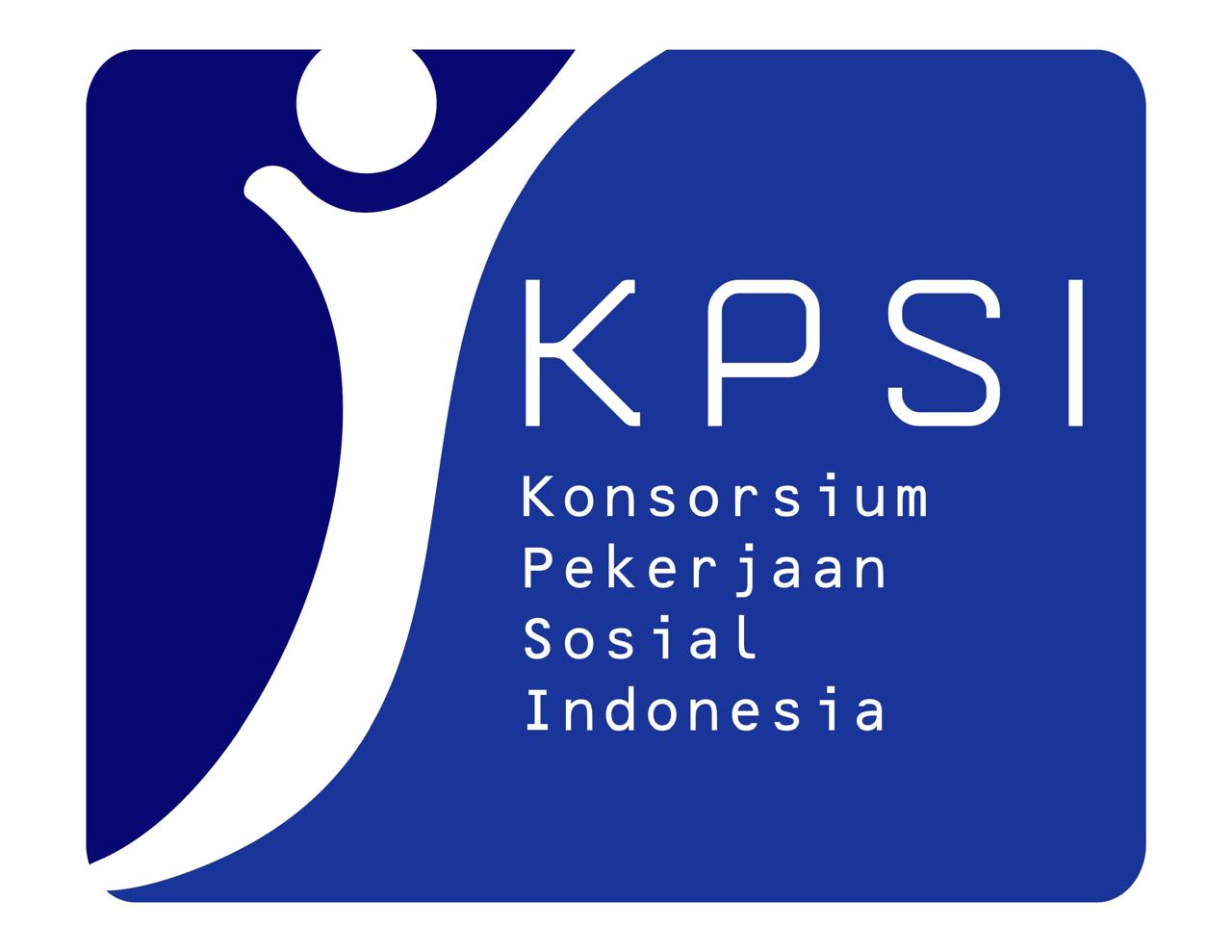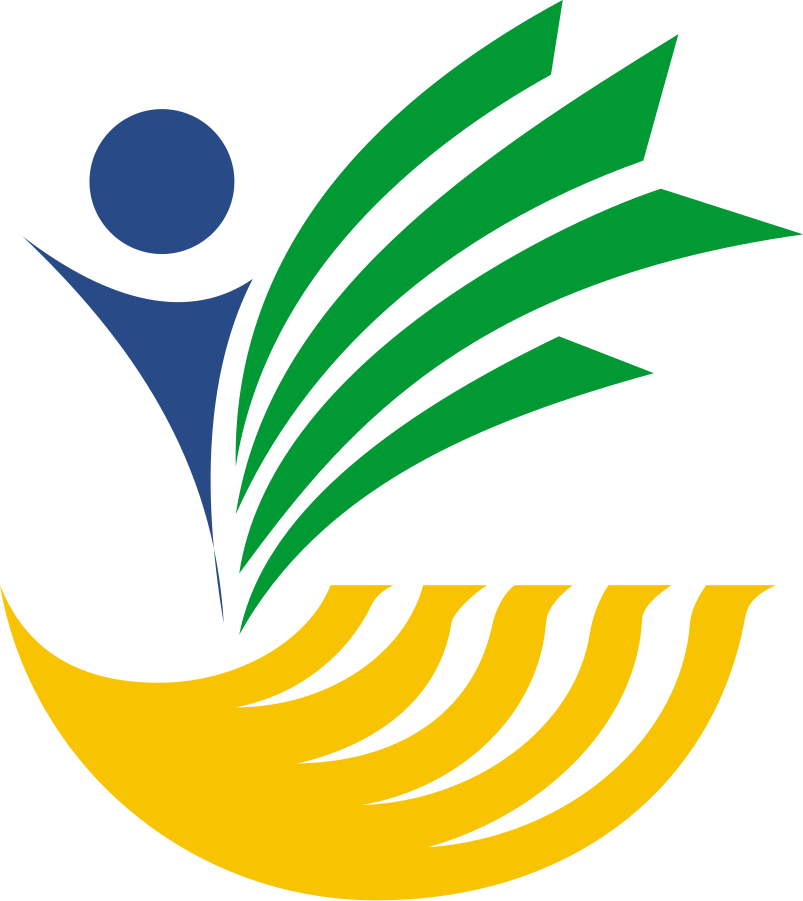Methodological and Ethical Considerations in Research Involving Adult Survivors of Childhood Sexual Abuse : A Reflection
DOI:
https://doi.org/10.58671/aswj.v10i1.14Keywords:
Sexual violence, childhood sexual abuse, ethical, methodologyAbstract
The number of reported incidents of sexual violence continues to increase in Indonesia, giving rise to deep concerns and calls to prevent sexual violence from occurring in the future. Some experts call it “the Silent Epidemic” because it is estimated that the actual number of events is much higher than reported. Therefore, research on this issue needs to be continued to get input on the cause and effect, impact and prevention efforts. Researches on child sexual abuse and the impact throughout the lives of the survivors is highly important in providing scientific evidences for developing the interventions in social work practice. However, it also comes with very specific challenges when conducting a research on this issue. There are no specific guidelines regarding ethics and methodology in carrying out research on survivors of sexual violence. Therefore, in the future it is important to consider the methodological and ethical aspects before embarking on a research involving survivors of sexual violence. Based on the experience of carrying out this research, the aspects that potentially harm or put participants and researchers at risk can be minimized or even avoided. This experience can also provide reinforcement that research involving trauma survivors can benefit both the affected population as well as social work scientists and practitioners. This manuscript discusses the current thinking on these issues.
References
Alston, Margareth and Wendy Bowles (2003). Research for Social Workers: an introduction to methods. 2nd edition. Allen and Unwin. Crows Nest.
Black, M.C; Basile, K.C; Breiding, M.J; Smith, S.G; Walters, M.L; Merrick, M.T; Chen, J & Stevens, M.R. (2011). The National Intimate Partner and Sexual Violence Survey (NISVS): 2010 Summary Report. Atlanta, GA: National
Center for Injury Prevention and Control, Centers for Disease Control and Prevention.
Bremner, J. Douglas (2003). Long-term Effects of Childhood Abuse on Brain and Neurobiology. Child and Adolescent Psychiatric Clinic N. Am 12 (2003) 271 – 292.
Campbell, Rebecca (2012). The Neurobiology of Sexual Assault: Implications for Law Enforcement, Prosecution, and Victim Advocacy. National Institute of Justice. Video-PowerPoint presentation and transcript (December 3, 2012). https://nij.ojp.gov/media/video/24056. Retrieved 4 Januari 2021.
Centers for Disease Control and Prevention (2020). Sexual Violence. https://www.cdc.gov/injury/features/sexual-violence/index.html. Retrieved 29 Desember 2020.
Committee on Health Care for Undeserved Women. (2011). Adult Manifestations of Childhood Sexual Abuse. Committee Opinion No. 498. American College of Obstetricians and Gynecologists. Obstet Gynecol 2011;118:392–5.
Connell, R.W (2002). On Hegemonic Masculinity and Violence: Response to Jefferson and Hall. Theoritical Criminology 2002 6: 89. DOI: 10.1177/136248060200600104
Daugherty, Lynn (2011). Child Molesters, Child Rapist, and Child Sexual Abuse: Why and How Sex Offenders Abuse. Cleanan Press, Inc. Roswell, New Mexico USA
Dayal, Radhika., Ameeta S. Kalokhe., Vikas Choudhry., Divya Pillai., Kalus Beier dan Vikram Patel. Ethical and definitional consideration in research on child sexual violence in India. BMC Public Health (2018) 18: 1144. DOI: 10.1186/s12889-018-6036-y
Durham, Andrew (2003).Young Men Surviving Child Sexual Abuse: Research Stories And Lessons For Therapeutic Practice. John Wiley & Sons. Chichester
Dye, Heather (2018): The impact and long-term effects of childhood trauma. Journal of Human Behavior in the Social Environment. DOI: 10.1080/10911359.2018.1435328.
Ellsberg, Mary and Lori Heise. (2002). Bearing Witness: Ethics in Domestic Violence Research. Violence Against Women V. THE LANCET • Vol 359 • May 4, 2002 • www.thelancet.com. DOI: 10.1016/S0140-6736(02)08521-5
Fergusson, David M; Geraldine F.H. McLeod, L dan John Horwood. (2013). Childhood sexual abuse and adult developmental outcomes: Findings from a 30-year longitudinal study in New Zealand. Child Abuse & Neglect - The International Journal 37 (2013) 664–674
Finkelhor, David; Heather A. Turner; Anne Shattuck; Sherry L. Hamby (2015). Prevalence of Childhood Exposure to Violence, Crime, and Abuse: Results From the National Survey of Children’s Exposure to Violence. JAMA Pediatrics Published online June 29, 2015.
Goodman, Revital (2017). Contemporary Trauma Theory and Trauma-Informed Care in Substance Use Disorders: A Conceptual Model for Integrating Coping and Resilience. Advances In Social Work, Spring 2017, 18(1), 186-201, DOI: 10.18060/21312
Handrahan, Lori (2017). Epidemic: America's Trade in Child Rape. Trine Day LLC. Walterville, USA.
Kelly, Ursula; Mary Ann Boyd: Sharon M. Valente & Elizabeth Czekanski (2014). Trauma-Informed Care: Keeping Mental Health Setting Safe for Veterans. Issues in Mental Health Nursing, 35:413–419, 2014 ISSN: 0161-2840 print / 1096-4673 online. DOI: 10.3109/01612840.2014.881941
Kimble, Cameron (2018). Sexual Assault Remains Dramatically Underreported. Brennan Center for Justice. https://www.brennancenter.org/our-work/analysis-opinion/sexual-assault-remains-dramatically-underreported. Retrieved, 29 Desember 2020.
Kimmel, Michael S; Jeff Hearn and R.W. Connell (2005). Handbook of the Studies on Men and Masculinities. Sage Publication, Inc. California
Kinnear, Karen L (2007). Childhood Sexual Abuse: a reference handbook. ABC-Clio, Inc. Santa Barbara.
Kirk, Susan (2006). Methodological and ethical issues in conducting qualitative research with children and young people: A literature review. International Journal of Nursing studies 44 (2007) 1250 – 1260.
Knight, Carolyn. (2014). Trauma-Informed Social Work Practice: Practice Consideration and Challenges. Clinical Social Work Journal. Spinger Science Business Media New York.
Lalor, Kevin dan Rosaleen McElvaney. (2010). Child Sexual Abuse, Links to Later Sexual Exploitation/High-Risk Sexual Behavior, and Prevention/Treatment Programs. Trauma Violence Abuse 2010 11: 159 originally published online 2 August 2010 DOI: 10.1177/1524838010378299
Levenson, Jill. (2017). Trauma-Informed Social Work Practice. Journal of Social Work, Volume 62, Issue 2, April 2017, Pages 105-113
Mandal, Jharnal., Srinivas Acharya and Subhash Chandra Parija (2011). Ethics in Human Research. Journal on Tropical Parasitology. V.1 (1); Jan-Jun 2011: 2-3. doi: 10.4103/2229-5070.72105
Mooney, Joseph. (2014). Adult Disclosures of Childhood Sexual Abuse to Child Protection Services: Current Issues in Social Work Practice. DOI: 10.13140/2.1.3411.5201.
Moore, Don W dan Kimberly Barnett Gibson (1993). Telling The Secret: Channels of Communication for The Recovering Survivor of Child Sexual Abuse: A Literature Review. SE 8395G.
Neuman, William Lawrence. (2014). Social Research Methods: Qualitative and Quantitative Approaches. 7th edition. Edinburg Gate. Pearson New International Edition.
Octaviana, Setyarini Nur (2019). Child Sexual Abuse in Indonesia: History and Challenge in Legal Perspective. Indonesian Journal of Criminal Law Studies, IJCLS 4(1) (2019) 81-89.
http://journal.unnes.ac.id/sju/index/php/ijcls. DOI: 10.15294/ijcls.v4i1.19613.
Priebe, Gisela dan Carl Göran Svedin (2008). Child Sexual Abuse in Largely Hidden from the Adult Society: An Epidemilogical Study of Adolescents’ Disclosures. Child Abuse & Neglect 32 (2008) 1095-1108
Prozan, Charlotte (1997) Construction and Reconstruction of Memory: Dilemmas of Childhood Sexual Abuse. Jason Aronson, Inc. New jersey.
Rubin, Allen and Earl L. Babbie (2017). Research Methods for Social Work. 9th edition. Cengage Learning. Boston
Seedat, Soraya., Willem P. Pienaar., David William dan Daniel J. Stein (2004). Ethics of Research on Survivors of Trauma. Current Psychiatric Report 2004, 6:262–267. DOI: 10.1007/s11920-004-0075-z
Smith, James M (2020). Adult Male’s Survivors Disclosure of Childhood Sexual Abuse: An Interpretative Phenomenological Analysis. Walden Dissertation and Doctoral Studies. Walden University.
Taylor, Walker. (2020) A Second, Silent Pandemic: Sexual Violence in the time of COVID-19 May 1st, 2020. http://info.primarycare.hms.harvard.edu/review/sexual-violence-and-covid
Teram, Eli; Carol Stalker; Angela Hovey; Candice Schachter and Gerri Lasiuk (2006). Towards Malecentric Communication: Sensitizing Health Professionals To The Realities of Male Childhood Sexual Abuse Survivors. Issues In Mental Health Nursing, 27:499–517, 2006
Testa, Maria., Jennifer A. Livingston and Carol VanZile-Tamsen (2011). Advancing the Study of Violence Against Women Using Mixed Methods: Integrating Qualitative Methods into A Quantitative Research Program. Violence Against Women. 2011 Feb; 17(2): 236-250. doi: 10.1177/1077801210397744
Undang-undang Republik Indonesia Nomor 35 Tahun 2014 tentang Perubahan Atas Undang-Undang Nomor 23 Tahun 2002 tentang Perlindungan Anak
Watkins, Bill and Arnon Bentovim (1992). The Sexual Abuse of Male Children and Adolescents: A Review of Current Research. Journal of child psychology and psychiatry, and allied disciplines. Volume 33 No. 1. P 197-248 1992
World Health Organization (2003). Guidelines for medico-legal care for victims of sexual violence.
Yi, Beh Li (2016). Over 90% Rape Cases Go Unreported In Indonesia: Poll. Thomas Reuters Foundation. https://www.reuters.com/article/us-indonesia-crime-women-idUSKCN1051SC. Retrieved, 30 Desember 2020.
Downloads
Published
How to Cite
Issue
Section
License
Copyright (c) 2022 Nurul Eka Hidayati, Fentiny Nugroho, Sali Rahadi Asih

This work is licensed under a Creative Commons Attribution-NonCommercial-ShareAlike 4.0 International License.
































